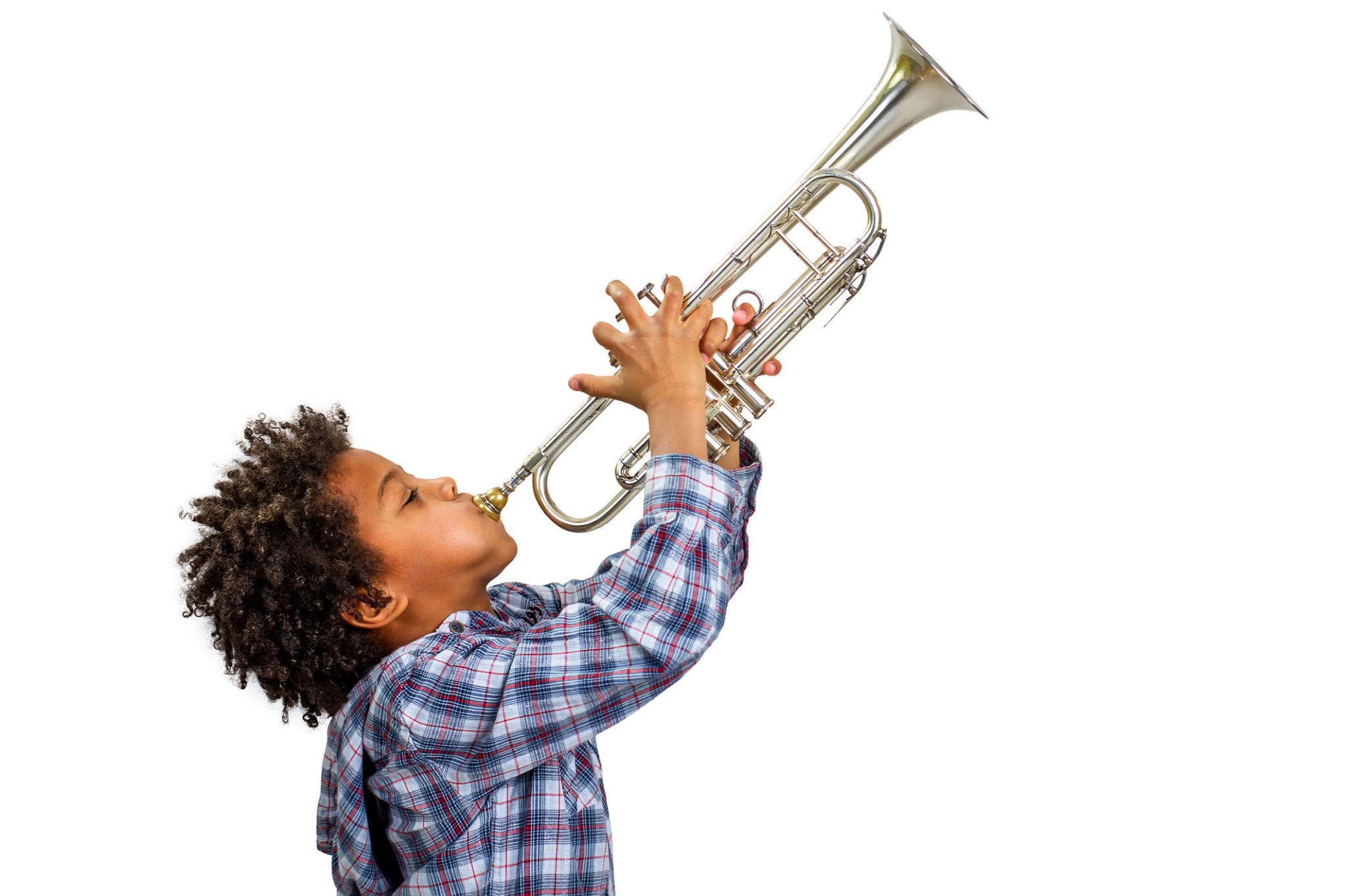How Music Lessons Can Enhance Your Child's Development
The Power of Music in Child Development
Engaging your child in music lessons is not only about nurturing a potential talent but also about significantly enhancing their overall development. Numerous studies have shown that learning music can positively impact various aspects of a child's growth, from cognitive abilities to emotional intelligence. In this blog post, we'll explore the incredible benefits music lessons can provide for your child's development.

Cognitive Benefits of Music Education
One of the most profound effects of music education is on a child's cognitive development. Learning to play an instrument requires the use of multiple brain regions, which helps improve memory and attention skills. Children who take music lessons often display better problem-solving abilities and higher IQ scores. Moreover, reading sheet music enhances their understanding of mathematical concepts, as they learn to recognize patterns and sequences.
Music lessons also promote language development. The process of learning music involves understanding and decoding symbols, which parallels the skills needed for reading and language comprehension. As a result, children exposed to music education tend to develop stronger reading skills and larger vocabularies at an earlier age.
Emotional and Social Growth
Beyond cognitive benefits, music lessons play a crucial role in fostering emotional and social growth. Playing an instrument or singing can be a powerful outlet for expressing emotions, allowing children to connect with their feelings more deeply. This emotional awareness can lead to better self-regulation and increased empathy towards others.

Socially, participating in group music lessons or ensembles teaches children the value of teamwork and collaboration. They learn important skills such as listening, sharing, and respecting others' contributions. These experiences can boost a child's confidence and help them form meaningful relationships with their peers.
Building Discipline and Patience
Learning an instrument demands dedication and practice, instilling a strong sense of discipline and patience in children. As they work towards mastering a piece of music, they understand the importance of setting goals and persevering through challenges. This mindset is beneficial in many areas of life, from academics to personal endeavors.

Furthermore, the process of practice and performance teaches resilience. Children learn to manage performance anxiety and develop coping strategies for overcoming nerves, which can be applied to other stressful situations they may encounter.
Encouraging Creativity and Imagination
Music is inherently creative, inviting children to explore their imagination and express themselves uniquely. Whether composing their own melodies or improvising during a performance, children are encouraged to think outside the box and embrace their creative instincts. This freedom fosters innovation and originality, qualities that are valuable in any field.
In conclusion, enrolling your child in music lessons is an investment in their holistic development. From enhancing cognitive functions to nurturing emotional intelligence and social skills, the benefits of music education are extensive and multifaceted. By providing your child with the opportunity to engage with music, you are equipping them with tools that will serve them throughout their life.
